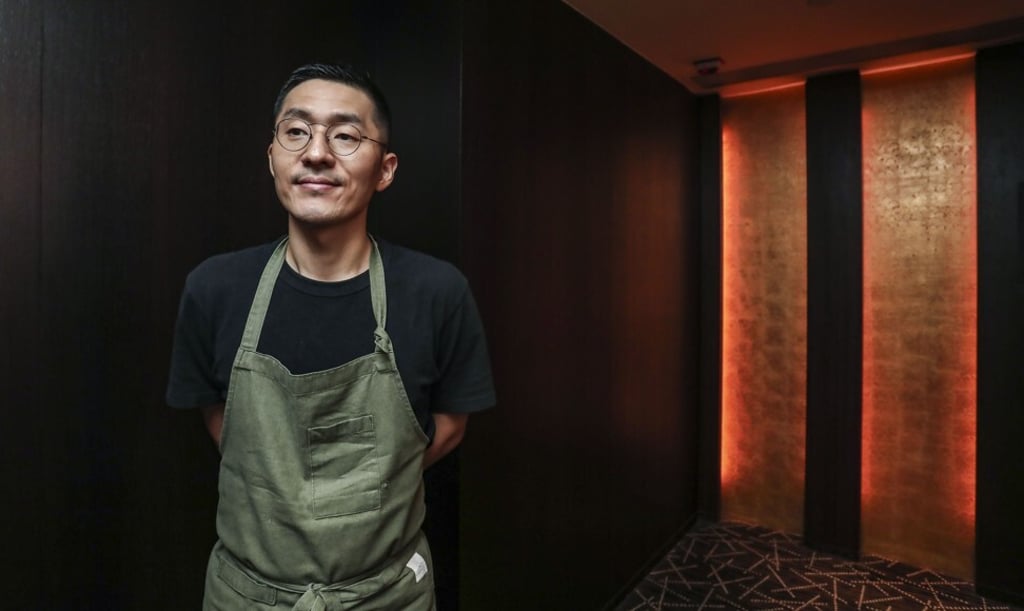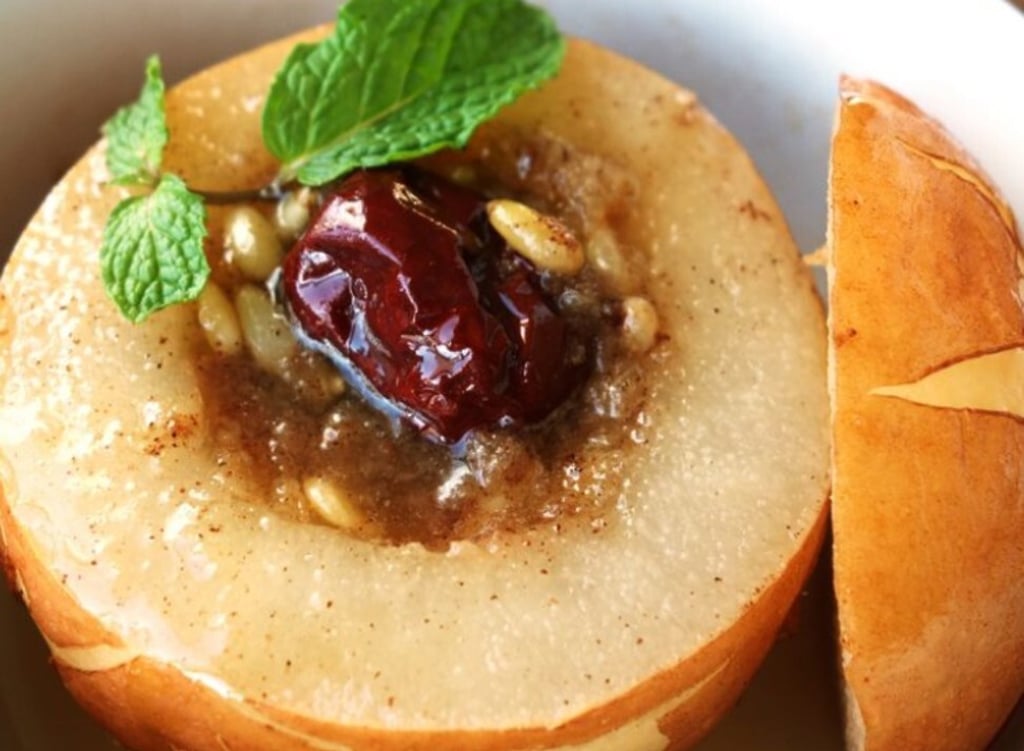No Christmas turkey dinner – think KFC, butter chicken and a Coke, or braised pork and eggs, say Asian chefs
- For Asian chefs like Kang Min-goo of Mingles in Seoul and Hansik Goo in Hong Kong, Christmas is more a day to share with loved ones than to eat a special meal
- Egyptians do eat turkey at Christmas – a colonial British legacy, says chef Mohsen Gaber Ibrahim – and, whether Muslim or Christian, share cookies and tarts

Christmas is not just for Christians any more. As the holiday has transcended its religious origin, it has been adopted by people around the world as a celebration of peace, joy and merriment. Just as Rudolph the reindeer and Santa Claus are now as common for holiday decorations as baby Jesus, a Christmas feast is not defined by a turkey and stuffing.
A survey of some top chefs from non-Christmassy countries shows you can enjoy a meal from any cuisine you like.
Kang Min-goo, South Korea

“There is large number of Christians in Korea, so Christmas is a very important holiday. But even if you’re not [Christian], isn’t Christmas in itself a time of excitement for everyone?” Kang asks rhetorically. “Unfortunately, since I started cooking, I have never taken a break during Christmas.
“There is not much culture of eating specific foods [in South Korea] such as pumpkin pie or turkey. Christmas is just a day to have a good time with family and loved ones. It is meaningful for gatherings, eating out or having a party at home. But there are no specific foods.”
